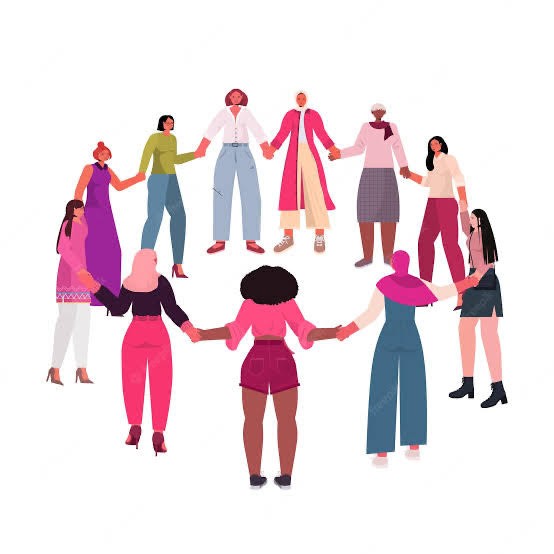Introduction:
Widowhood is a profound experience that affects millions of women worldwide. The journey of a widow is often marked by grief, challenges, and the need for support. As an organization committed to serving widows, The Voice of Widows understands the importance of effective engagement and support for this vulnerable demographic. In this blog, we explore strategies for working with widows more effectively, highlighting the vital role organizations like ours play in empowering and uplifting widows in their time of need.
Understanding the Needs of Widows:
The first step in working effectively with widows is understanding their diverse needs. Widows come from varied backgrounds, cultures, and socioeconomic statuses, and their experiences of widowhood can differ significantly. Some widows may face financial insecurity, while others grapple with social isolation, mental health challenges, or legal complexities. By recognizing the unique circumstances of each widow, organizations can tailor their support services to address specific needs and promote holistic well-being.
Building Empathy and Trust:
Empathy forms the cornerstone of effective widow support. Widows often feel a range of emotions, including grief, loneliness, and uncertainty about the future. By demonstrating empathy and actively listening to their stories, organizations can create a safe space where widows feel understood and validated. Building trust is equally crucial, as widows may be hesitant to seek help due to fear of judgment or exploitation. Establishing trust through transparency, confidentiality, and consistent support fosters a strong foundation for meaningful engagement.
Providing Practical Assistance:
Practical assistance can significantly alleviate the burdens faced by widows. This may include financial aid, access to legal resources, assistance with paperwork and documentation, or help navigating social services. By offering tangible support, organizations empower widows to address immediate challenges and regain a sense of control over their lives. Additionally, providing opportunities for skill-building, vocational training, or entrepreneurship can enhance widows’ long-term economic independence and self-sufficiency.
Fostering Community and Connection:
Social isolation is a prevalent issue among widows, particularly those who lack familial or community support networks. Creating opportunities for widows to connect with others who share similar experiences can combat loneliness and foster a sense of belonging. This may involve organizing support groups, peer mentoring programs, or community events where widows can forge meaningful connections, exchange advice, and draw strength from one another’s resilience. Building a supportive community is instrumental in promoting emotional well-being and rebuilding social networks post-loss.
Advocating for Policy and Legal Reform:
Beyond individual support, organizations like The Voice of Widows play a crucial role in advocating for policy and legal reforms that protect the rights and interests of widows. This may include advocating for inheritance rights, pension benefits, access to healthcare, and measures to prevent discrimination and exploitation. By amplifying the voices of widows and collaborating with policymakers, organizations can drive systemic change and create a more equitable society for widows everywhere.
Conclusion:
Working with widows effectively requires a multifaceted approach that addresses their diverse needs with empathy, practical assistance, community support, and advocacy. Organizations like The Voice of Widows play a pivotal role in empowering widows, providing them with the resources, support, and solidarity they need to navigate the challenges of widowhood and rebuild their lives with dignity and resilience. By working together, we can create a world where widows are supported, valued, and empowered to thrive.







